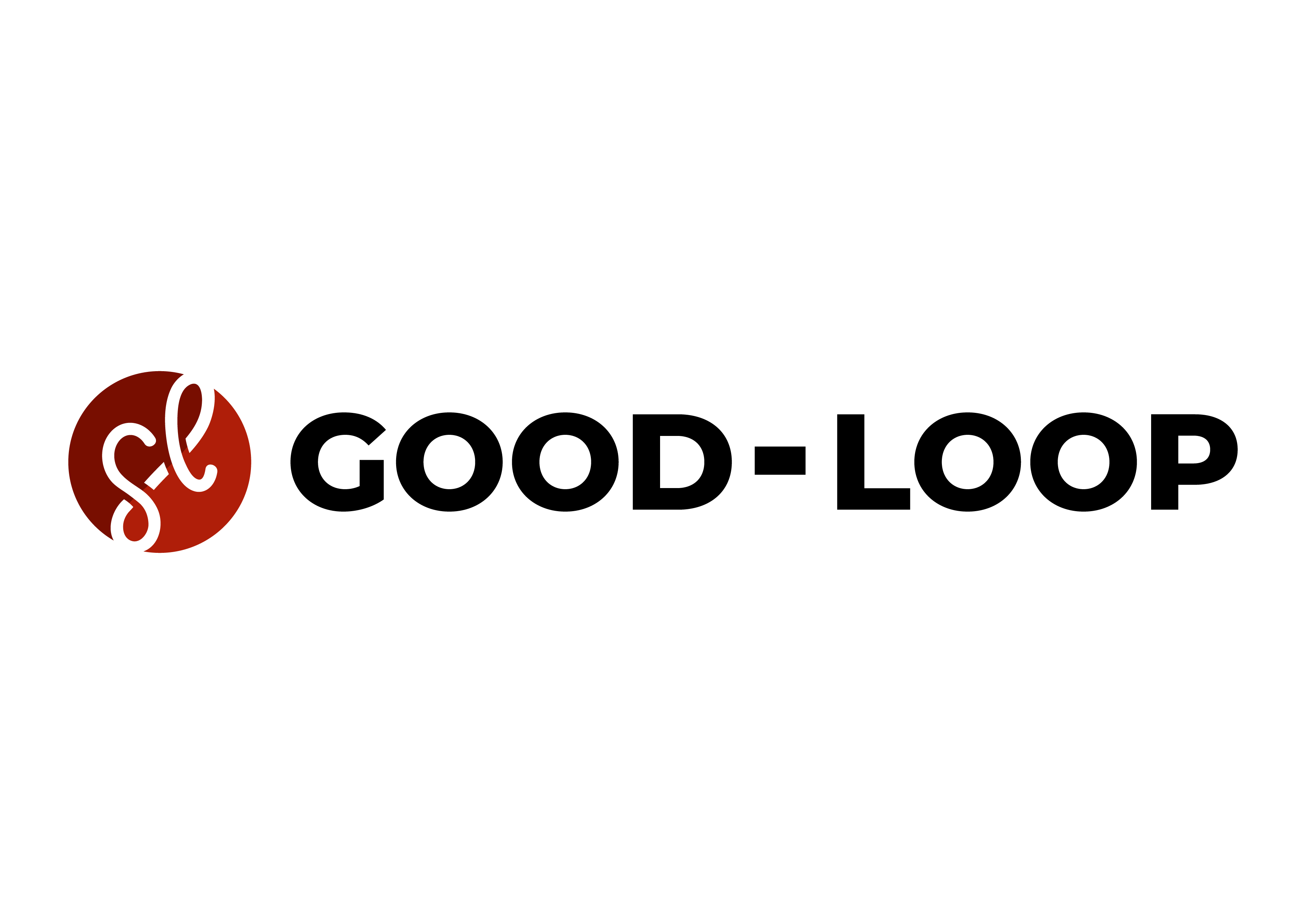What is Programmatic Advertising?
Programmatic advertising is the use of software to purchase digital ads, instead of going through the traditional channels. This means that lengthy negotiations and RFPs are no longer required, enabling ad inventory to be bought and sold instantly.
Why is this a good thing?
Prior to programmatic advertising, finding space for your advert wasn't a particularly easy process. It was expensive, required a number of moving parts, and on the whole was an inconvenient and unreliable process. Programmatic advertising makes this a thing of the past, by introducing instant efficiency. Whether the request comes through at 2pm on Christmas Day, or from Stoke on a cold, wet Tuesday night - Programmatic doesn't care. It's a system that enables ads to be bought and sold, without the same level of human involvement.
What does this mean for both buyers and sellers?
Put simply, it means a number of very, very good things. Buyers are now able to get a guarantee on the number of ad impressions that they buy. So not only can they employ real-time bidding to win the right auctions, it's now possible to forecast the amount of these auctions a buyer wants to win.
In other words, it's not just what you'll pay for specific eyeballs. It's what you'll pay for a specific number of eyeballs.
For sellers, programmatic offers significant efficiencies by offering their inventory to a global market, instead of via direct deals. Not only does this introduce a number of new advertisers to the site, it ensures the maximum price for the value of the inventory. No backroom deals, or 2am buffet cart conversations - set the price, and walk away. This can also help make publisher revenue more predictable, helping anticipate cash flow and build a business more effectively.
What does this mean for the role of the trader?
Ultimately, this means that traders can take on more of a strategic role, and be more involved in the wider creation of the campaign. Through being able to get accurate estimations and expectations on both impressions and ad behaviour, this removes a great deal of "guess work" from the equation - thus meaning that the trader can deal with optimisation at the fractional level, and meet delivery expectations and forecasts.
How can I get started with Programmatic?
You're in the right place! Book a call with our team, and we'll be in touch to help ASAP!

